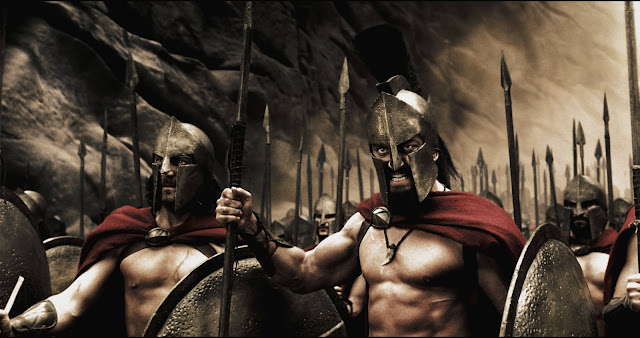I almost feel like I'm cheating when I say I like comics. Because, I do, but I don't read them. Well, not in the sense that our native Comic Culture Forum does; these guys should (and probably someday will) have PhD's on the subject. Their knowledge of comics is as thorough as Tom Bingham's knowledge of the origins of music.
When I say I like comics, I mean I was introduced to them through the superhero movies of my time (and through Wonder Woman and Gargoyles when I was really little) and fell in love. Hellboy was the first comic themed movie I ever saw and it really drew me in. I loved the artistic immersion of the film, the way it was over the top and yet completely believable, because it was a world on its own in all its much borrowed Lovecraftian Nazi beat'em'up glory.
Then came the Batman films, where The Dark Knight and mostly Heath Ledger's performance as the Joker made "comic" movies something to be reckoned with. I enjoyed the X-Men movies, but not nearly as much as First Class, which is about a billion times better. Watchmen really disturbed me, in how the heroes were not any better, and often worse, than the villains themselves. That film and the comic it is based on is a great example of postmodernism; heroes who are more vile than the villains? Superman, I'm so over you.
300 was one of the most visually visceral movies I've ever seen, it is absolutely gorgeous to look at. It's stylized to look like the graphic novel, and you really do get the sense of higher quality print paper, highly stylized, and more refined subject matter when you watch the film adaptation (even if you are the sole girl in a party of 14 men watching the movie).
But the films leading up to and including May's gargantuan blockbuster Avengers Assemble (or known in the US simply as Marvel's The Avengers) just kind of kicked off my interest fullspeed. I love the whole universe, and I especially love how Marvel (and Joss Whedon) have taken caricatures and made them relevant to real life modern issues.
I see Iron Man as the "new" American identity; suave entrepreneur who has everything and is smart enough to protect his assets and mock/question a f/lailing government while remaining a needed commodity for world peace (or world weaponization). I see Captain America as the "old" American identity, representative of the underdog communal charm of the 1940's, a propagandized force of good and keeping everyone's best interests at the forefront. Bruce Banner/the Hulk is the modernization of Shelley's Frankenstein monster, and a nod at the danger that accompanies modern medicine. Black Widow, though blatantly styled in a sexist manner (both keeping in tradition and a nod to the fanboy --- I've honestly come to be rather fond of the stereotypical portrayal of women in comic universes --- at least in the physical department) is a strong, thoroughly capable woman, a figure needed by all Y chromosome carriers. The Thor and Loki dynamic could be viewed in multiple ways; again, the struggles of an underdog in a bigger mans shadow, or a look at the dangers of neglect in childhood raised by televisions.
Maybe I'm reaching a bit, but I think what is most wonderful about comic culture is how identifiable its characters and stories are, both in fictionalized worlds and their modern reality counterparts. You don't necessarily need to read the entire backlog of comic lore to jump in and get attached.
I've been looking for a gateway into reading a "legitimate" comic for a long time, and the backlog of Marvel and DC is too intimidating to attempt, much like trying to watch Dr. Who from the very beginning when really all you like is Torchwood anyway. Sandman is the first "real" comic I'm reading, and I thoroughly enjoy it so far. It takes a bit of getting used to as far as adjusting the left to right reading standard goes, but I really am glad that this was assigned as a text.
My illegitimate webcomic reading:
http://questionablecontent.net/
Ultimately I love how comics are representative of the pop culture and concern of their time, and the identities their authors wanted to see in themselves.



